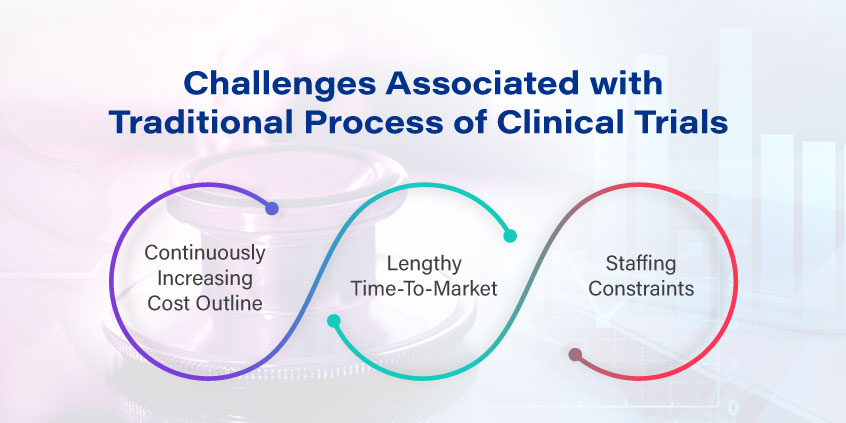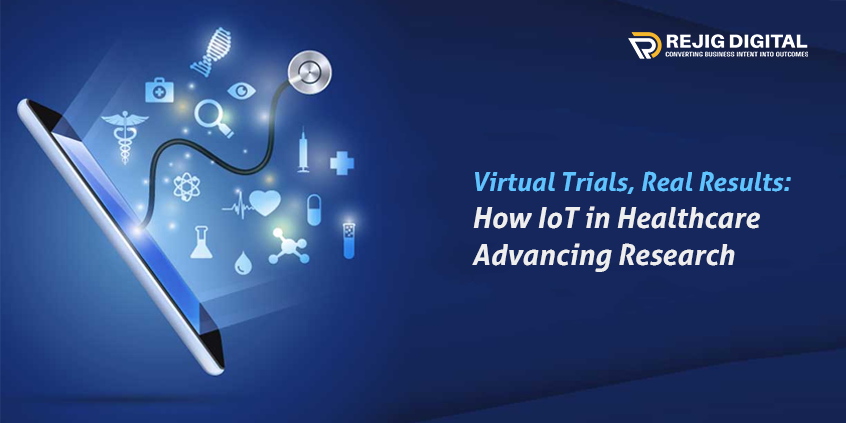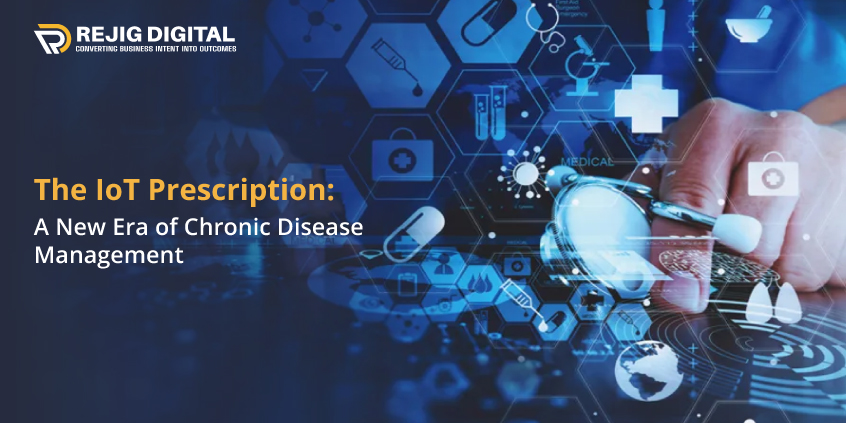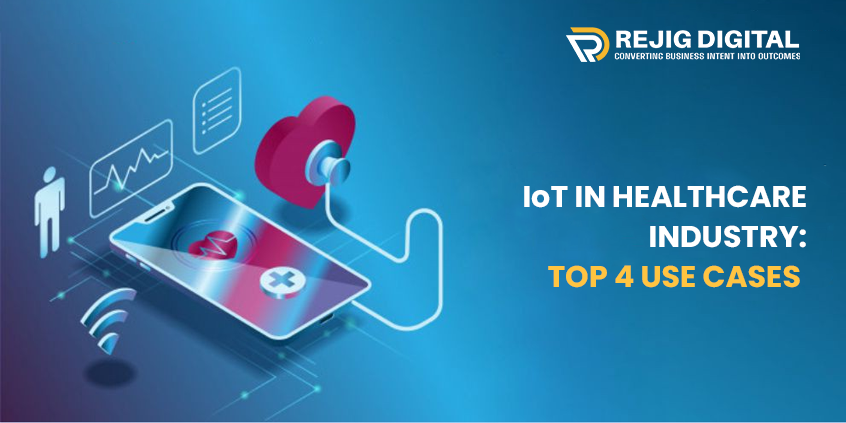Advancement in the realm of technology, emphasises every next sector to ceaselessly adopt next-age leading solutions. Amongst trending techs, IoT is referred as one of the highest potential holders irrespective of the type of industry and processes to integrate with.
Presently, businesses are only deeming IoT an greatest source of data gathering. However, there is some unexplored potential of IoT that needs to be explored. In healthcare IoT solutions adhere to exceptional space to unlock new possibilities.
IoT in Healthcare Industry Enabling Virtual Clinical Trials
IoT in healthcare has already invented several game changing solutions in numerous areas. Moreover, impactfully contributing to the goals of improving patient care, collecting data and analysis for research purposes. Clinical trials is a core area of healthcare research that includes the drug development process and ensures the right drug delivery in the market.
As per the research and collected data, developing and delivering new drugs into the market is the costly process, which estimates range from $650 million to $2.9 billion. (Source)
Additionally, it requires significant involvement of resources to thoroughly monitor and engage with the process.
With the base of IoT, healthcare researchers can modernise the entire process and resulting achieve faster, cheaper and less burdensome for patients. In this virtual world, IoT could carry out the virtual clinical trials as well. But, why do virtual clinical trials come into frame?
This question is utterly related to challenges encountered by the research team during the traditional method. Let’s understand what are the major challenges associated with a traditional approach and how IoT can best overcome those critical challenges.
Challenges Associated with Traditional Process of Clinical Trials
Virtual clinical trials adoption commenced specially after the outbreak of COVID-19, prior to it, healthcare researchers were more concerned about transitional and in-house methods of conducting clinical trials. If we compare to the virtual clinical trials, traditional methods contain certain drawbacks.
Let’s see the dark side of the traditional method of executing clinical trials.

-
Continuously Increasing Cost Outline:
As mentioned above, a clinical trial is an expensive process. And with the progress of a trial, the cost outline is also increased simultaneously throughout the different phases. It includes the cost of recruiting resources, enrolling participants, managing trial logistics and analysing data can be prohibitive for many researchers.
-
Lengthy Time-To-Market:
According to research, to complete clinical trials successfully, healthcare experts spend approximately 10 to 15 years. Thus, traditional clinical trials can take years to successfully complete due to the delay in the development of new treatments and therapies. Also, it involves recruiting patients and retention, regulatory approval, and data analysis all contribute to the time required to complete a clinical trial.
-
Staffing Constraints:
Recruiting appropriate staff, including patients and other resources for clinical trials is one of the difficult tasks, as the eligibility criteria for participation are strict. Finding and enrolling them is a time-consuming process. On the other hand, keeping them engaged and retained in the trial is a real challenge.
How IoT in Healthcare Industry Creating a Foundation for a New Era of Clinical Trials?
Clinical trial innovation through IoT has accelerated and turned into virtual clinical trials. This virtual trial one-stop solution is a smart way of conducting the entire process. It brings ease of collecting real-time data around the clock, recruiting participants, and reducing investment.
Based on U.S. research by the Center for Information and Study on Clinical Research Participation (CISCRP).

-
Enabling Remote Monitoring:
During the clinical trial, keeping track of the patient’s health on a daily basis is one of the critical responsibilities. Consequently, the process demands continuous touch with the patient and requires skippable in-person visits in order to conclude with drug effects. IoT integration into the clinical trial empowers healthcare researchers to monitor the patient by reducing the in-person visit, ultimately trimming down the cost which generally amplifies with the process phases. Moreover, enabling healthcare services providers to monitor patient health more closely.
-
Executing Data Analytics:
IoT in healthcare industry with its incorporation into virtual clinical trials facilitates gathering real-time data effortlessly and driving insights from it by carrying out data analytics. By identifying patterns and trends in patient data at a faster rate, healthcare researchers can now focus on safety concerns and make more informed decisions regarding necessary interventions. This has led to a reduction in time-to-market and improved outcomes for patients.
-
Enhance Patient Engagement:
IoT application in healthcare industry is marked as the easier platform for coordination and communication. Thus, IoT devices in the process of virtual clinical trials facilitate communication between patients and healthcare professionals, allowing for more frequent and efficient communication. Empower patients to play a more active role in the process through continuous engagement.
Final Words on IoT in Healthcare Industry Enabling Virtual Clinical Trials
In the upcoming era and technology enabled clinical trials will demand for high scalable, robust and secure complaint services to meet the potential. The Internet of Things (IoT) is constantly at work, whether it’s collecting data from patients in their homes or providing remote support to healthcare professionals. With its powerful computational capabilities and ever-improving machine learning technology, the IoT is poised to revolutionise the clinical trial process by enabling higher-quality data and faster delivery of new drugs to market.
Want to enhance your healthcare clinical trial approach by implementing an IoT application? Rejig Digital is a leading provider of healthcare IoT solutions, specialising in delivering bespoke, highly integrated, and resilient solutions that cater to business market trends. Their team of seasoned experts possesses extensive experience in the IoT field and across various industries, including healthcare. With their in-depth knowledge and expertise, Rejig Digital is well-equipped to provide innovative, tailored solutions to meet the unique needs of their clients in the healthcare sector.






